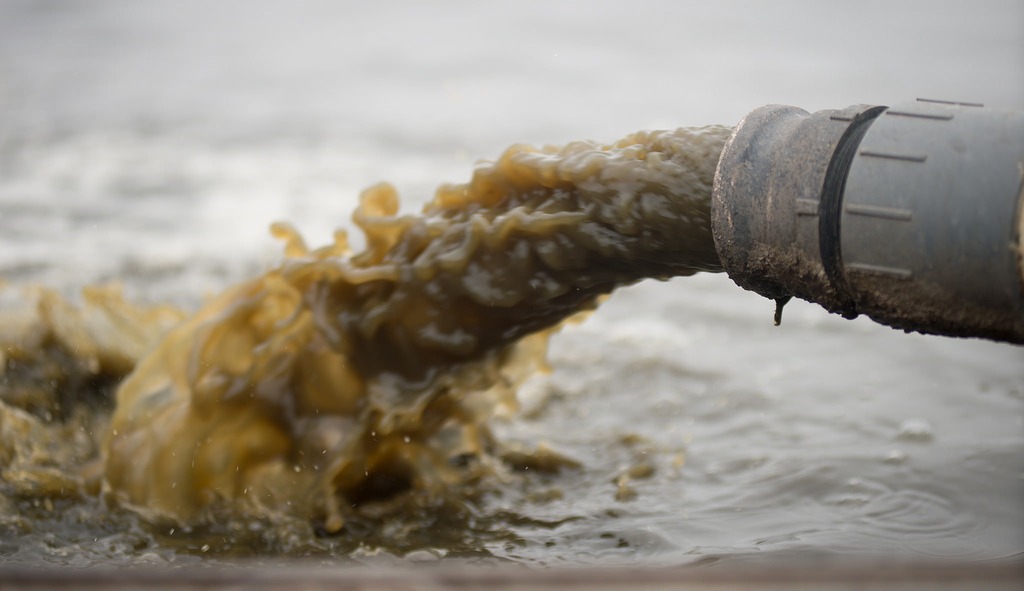
Continued failure to address wastewater as a major social and environmental problem would compromise other efforts towards achieving the 2030 Agenda for Sustainable Development, claims the latest WWAP report made by the UN. The numbers in the report are grim: 80% of the wastewater worldwide is discharged without treatment, of which roughly 70% doesn’t even prevent human contact with excreta. Furthermore, a new study proves that untreated wastewater from urban areas is used to irrigate 50% more farmland worldwide than previously thought (an estimated 35.6 Mha). Around 885 billion people are exposed to untreated water, concentrated in China, India, Mexico, Pakistan, and Iran- countries where less than 25% of the water is treated.
“As long as investment in wastewater treatment lags far behind population growth, large numbers of consumers eating raw produce will face heightened threats to food safety,” says Anne Thebo, lead author of the study on irrigation. The investment in the treatment of water holds many benefits, most importantly for human health. It’s a step towards the sustainability advocated in the MDG (Millennium Development Goals) and should even improve the current economy, since cost recovery is possible through the byproducts of water treatment (such as salt, nitrogen and phosphorus) and the significant increase in water availability. For every dollar spent on sanitation, the estimated return is more than five times bigger, the WWAP reports. Thus, a shift in attitude towards the treatment of wastewater is as beneficial as it is desperately needed: from disposal to recycling, from refuse to reuse. Investment in wastewater treatment is essential for the development of a human society suited to modern challenges, and efforts should be made to develop the mechanisms and regulation needed to make it a reality.
Sources:
